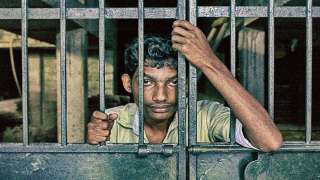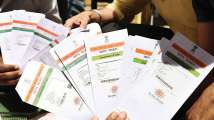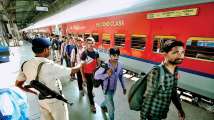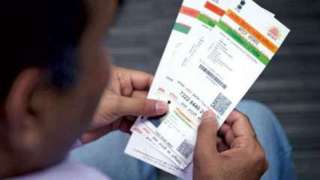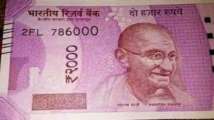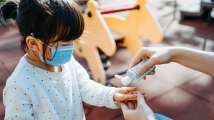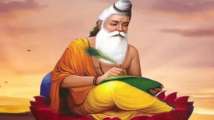PM Modi interacts with beneficiaries of 'Aatmanirbhar Bharat Swayampurna Goa'
PM Modi will interact with vaccine manufacturers at 4 pm, following 100 crore vaccinations in the country and also take stock of their experiences.
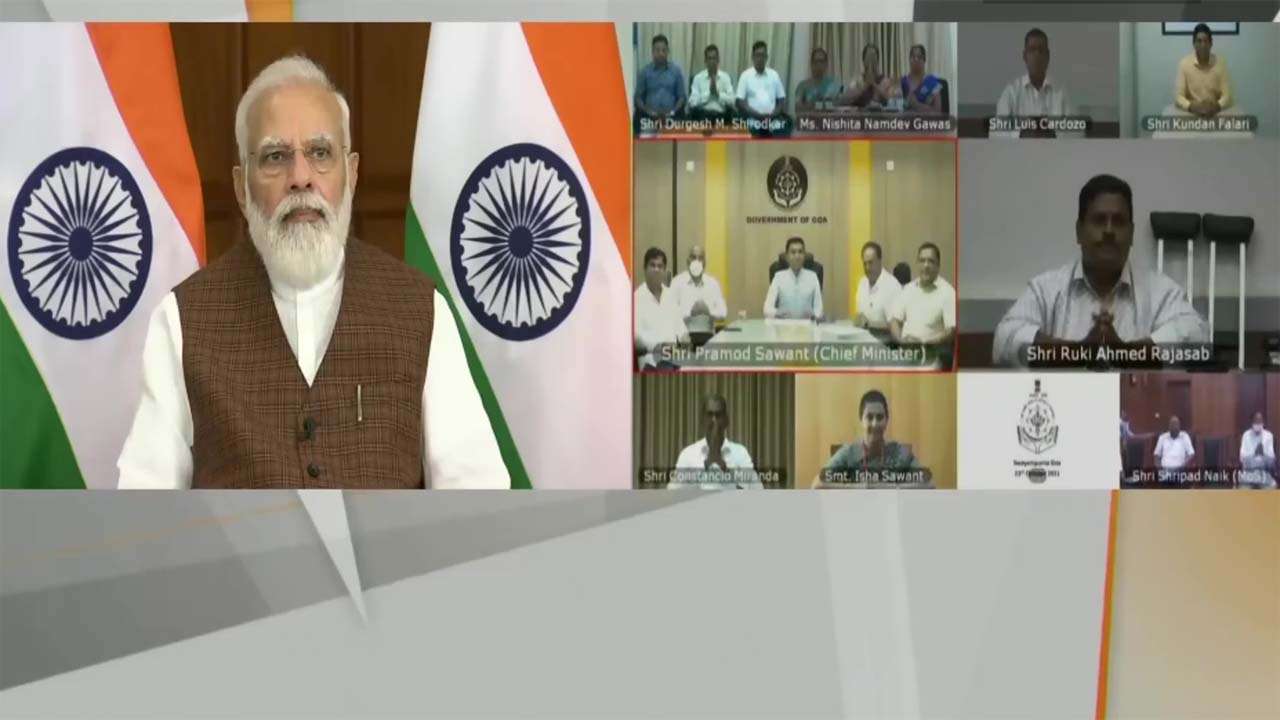
(Image Source: ANI)
Written By
Edited By
Shampa Sen
Source
DNA Web Desk
Prime Minister Narendra Modi today interacted with beneficiaries 'Aatmanirbhar Bharat Swayampurna Goa programme' via video conferencing. Goa Chief Minister Promod Sawant was also present on the occasion. The initiative of Swayampurna Goa was launched on October 1, 2020.
PM Modi will interact with vaccine manufacturers at 4 pm, following 100 crore vaccinations in the country. Prime Minister will take stock of their experiences as well as discuss various issues like furthering vaccine research with them.
Under this programme, a state government officer is appointed as 'Swayampurna Mitra'. The Mitra visits a designated panchayat or municipality, interacts with people, coordinates with multiple government departments and ensures that various government schemes and benefits are available to the eligible beneficiaries.
PM Modi interacts with beneficiaries and stakeholders of 'Aatmanirbhar Bharat Swayampurna Goa' programme
Under this programme, a state government officer is appointed as 'Swayampurna Mitra' who ensures that various govt schemes & benefits are available to eligible beneficiaries pic.twitter.com/C3jwyMGzbk
— ANI (@ANI) October 23, 2021
Addressing the people through a video conference, Chief Minister Promod Sawant said that no state could flourish if the villages were not self-sufficient and hence village panchayat should adopt various sustainable measures to gain economic empowerment for its village.
Purpose of the programme
The major objective of the programme is to ensure that every village in the state becomes self-reliant or Aatmanirbhar.
Every village in the state will become self-reliant by harnessing resources available within the area where it is located.
As a part of the initiative government officers, teachers and students reach out to each and every village panchayat.
A study of the economic revival for village panchayats was undertaken by the Directorate of Higher Education and GIPARD.
25 colleges were involved in the process of data collection, preparation of individual reports of 191 village panchayats.
The action plan consists of various aspects of agriculture, animal husbandry, youth and adolescent, senior citizens, women and self-help groups.
The action plan also includes tourism, fisheries, natural resources, various schemes and their convergence.
